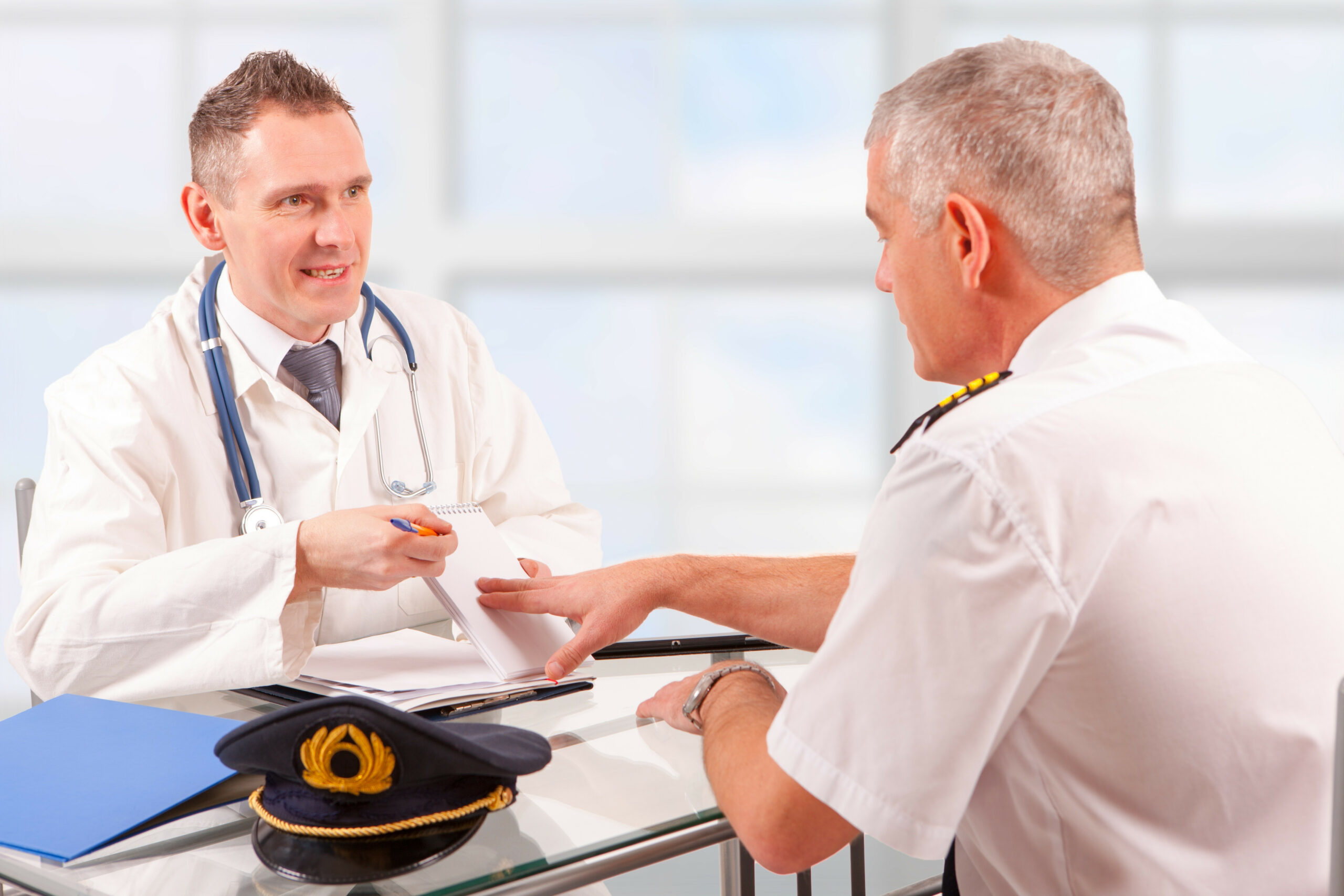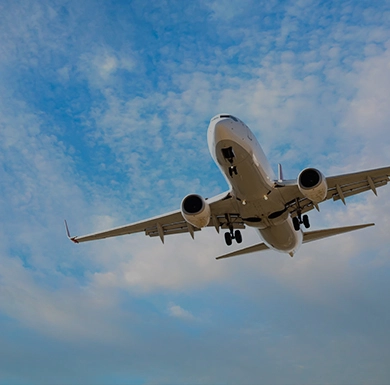
Are you facing denial of your FAA medical certificate application? Did you know that in most situations where you feel like you are qualified for unrestricted medical certification, you can petition the National Transportation Safety Board (hereinafter “NTSB”) for review of your denied application? More specifically, if you feel you are qualified for medical certification per the regulations found at FAR Part 67, you may have an opportunity to argue your case before an administrative law judge at the NTSB, as well as before the full board on appeal. It is important to remember, however, that you have 60 days from the date of your denial to file your petition for review with the NTSB. One trick that most people don’t know, however, is that if you have missed the 60 day time period for filing your petition with the NTSB, it may not be too late. In that, in order to “re-open” that 60 day filing period, all you really have to do is apply again for FAA medical certification. How does that work? Essentially, you will need to file another application with the FAA, go to your AME for examination, allow for your application to be “deffered” to the FAA, and then wait for another denial letter – giving you another 60 day time period to file your appeal with the NTSB.
In every petition to the NTSB for reconsideration of a denied FAA medical application, the burden of proof is on the applicant (you) to prove by a preponderance of the evidence that the you either: a) do not have a “specifically disqualifying condition” or b) you are safe to exercise the privileges and perform the duties owed to you as a licensed airman. As such, there are two types of petitions available to airman at the NTSB level – essentially, those airmen which claim to not actually have “specifically disqualifying condition” and those airmen which claim that their diagnosis does not hamper them from being a safe airman. A list of “specifically disqualifying conditions” are available to you at FAR Part 67; however, that list includes substance abuse, diabetes mellitus requiring hypoglycemic medication, disturbance of consciousness without satisfactory explanation of cause, and bipolar disorder, among other conditions. If you are an airman with a clear diagnosis of a “specifically disqualifying condition,” you should consult with an aviation attorney to discuss whether unrestricted medical certification or special issuance medical certification is appropriate in your case. In those cases where you deny a diagnosis of a “specifically disqualifying condition” or if you feel that your non-“specifically disqualifying condition” does not limit your safety as an airman, you may have a valid argument to petition the NTSB for review.
If your FAA medical certificate application has been denied, you should consult with a FAA attorney as soon as possible. Your denial may be subject to one or more statutes of limitations, including a 30 day period for requesting reconsideration to the FAA for special issuance medical certification, as well as the 60 day period for filing a petition for review before the NTSB.
Click here for more details: https://thepilotlawyer.com/faa-medical/
Contact the Aviation Lawyers from The Ison Law Firm Aviation Lawyers for Help Today
You need both a pilot and a lawyer on your side for your aviation law needs. Don’t hesitate to contact our team from The Ison Law Firm Aviation Lawyers to schedule a confidential consultation with an experienced aviation lawyer today.
We’re pilots representing pilots. The Ison Law Firm Aviation Lawyers offers FAA enforcement defense and medical certification representation worldwide!
The Ison Law Firm Aviation Lawyers
Phone: Toll-Free 855-322-1215
Office Hours: Mon – Thu, 9:00 AM to 5:00 PM
Fri, 9:00 AM to 12:00 PM
Disclaimer: Messages left for attorneys after these business hours will be addressed the following business day, during business hours.

